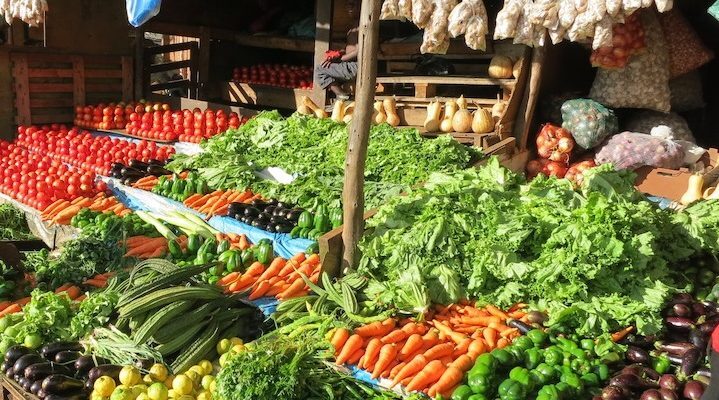
Malawi is facing a severe food crisis, with 2.8 million people at risk of starvation in the coming months. The World Health Organization (WHO) has issued an alarming forecast which shines a harsh light on the persistent and deepening crisis that has plagued Malawi for years, intertwining issues of poverty, agricultural vulnerability, and economic instability.
Food insecurity refers to the lack of reliable access to sufficient, affordable, and nutritious food. In Malawi, the situation is particularly dire as a significant portion of the population relies on subsistence farming. The failure of crops due to erratic weather patterns—characterized by prolonged droughts followed by devastating floods—has worsened the issue. Moreover, the rising cost of food, driven by global economic pressures and local market inefficiencies, compounds the problem, leaving millions without the means to secure basic sustenance.
Malawi’s food insecurity cannot be understood in isolation; it is deeply rooted in the country’s pervasive poverty. With over half of the population living below the poverty line, many Malawians are trapped in a cycle of deprivation. Limited access to education, healthcare, and employment opportunities perpetuates this cycle, reducing the capacity of households to respond to crises. As a result, even slight disruptions in food supply or income can push vulnerable families into acute food insecurity.
The government’s social safety nets, though well-intentioned, are often insufficient. Programs such as the Farm Input Subsidy Programme (FISP) have faced criticism for poor targeting and mismanagement, leading to minimal impact on the most needy. Additionally, external aid, while critical, is often short-term and does not address the underlying structural issues that sustain poverty.
The current food insecurity crisis is not a new phenomenon in Malawi. Year after year, millions of Malawians face similar hardships, a testament to the persistence of the underlying problems. This year, the situation is compounded by several factors. The ongoing economic strain from the global COVID-19 pandemic has severely impacted livelihoods, particularly in urban areas where informal employment is predominant. Additionally, the conflict in Ukraine has disrupted global food supply chains, leading to skyrocketing prices of staple foods like maize, which is central to the Malawian diet.
The government, alongside international organizations, has mobilized resources to address the impending crisis. These efforts often fall short of the required scale, leaving many communities to fend for themselves. The current estimate of 2.8 million people facing food insecurity is a stark reminder of the inadequacy of these interventions.
The persistence of food insecurity in Malawi points to a failure not only in response mechanisms but also in long-term strategic planning. While immediate relief efforts are necessary to prevent starvation and malnutrition, there is a critical need for sustainable solutions that address the root causes of food insecurity.
Investment in resilient agricultural practices, improved infrastructure, and market access for farmers are crucial steps toward breaking the cycle of poverty and food insecurity. Moreover, stronger governance and accountability in the implementation of food security programs are essential. Without these, Malawi is likely to continue grappling with recurring food crises, with each one taking a heavier toll on its population.
As Malawi braces for another period of hardship, it is imperative that both national and international stakeholders reconsider their approaches to tackling food insecurity. The recurring nature of these crises demands not just short-term relief but a comprehensive strategy that addresses the fundamental issues at play.
While the situation appears bleak, coordinated efforts and a focus on long-term solutions offer hope that Malawi can eventually overcome the persistent threat of food insecurity. For now, the immediate priority must be ensuring that the 2.8 million Malawians at risk do not go hungry in the coming months.














